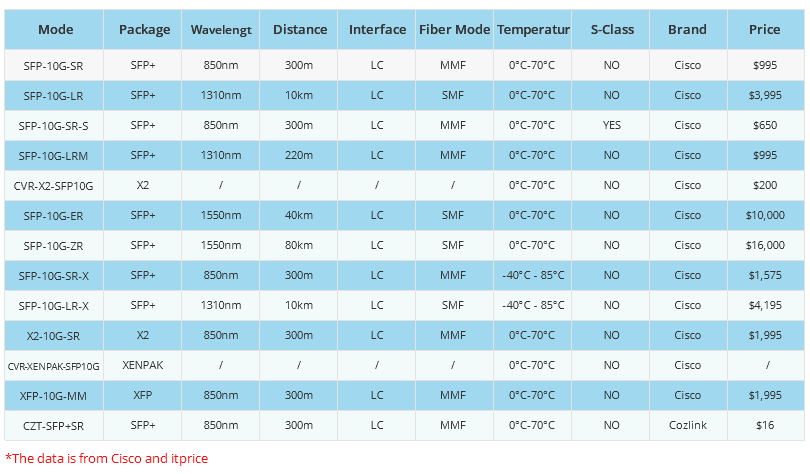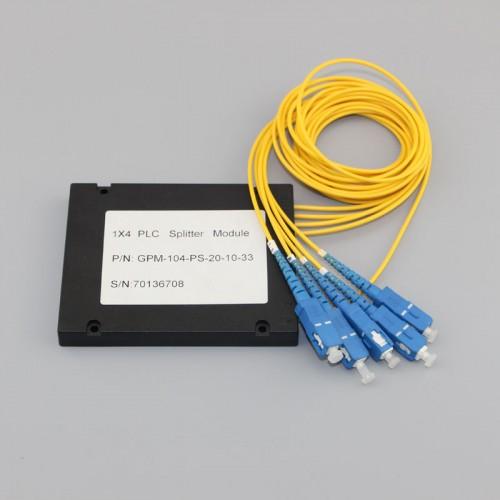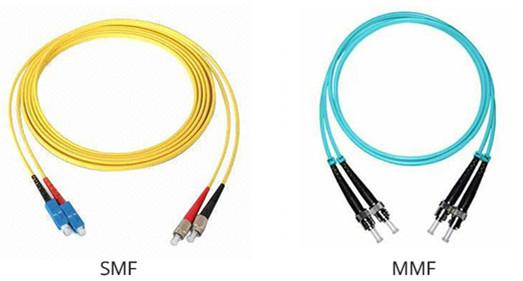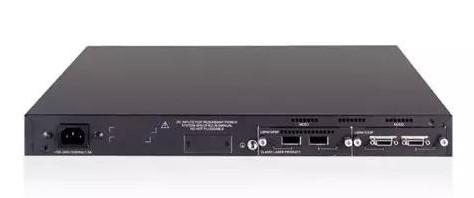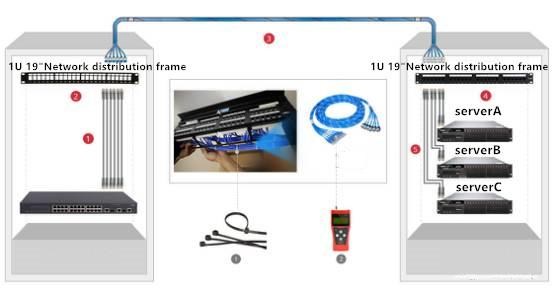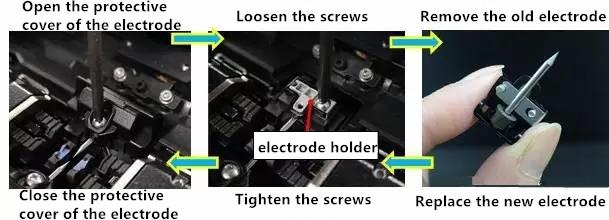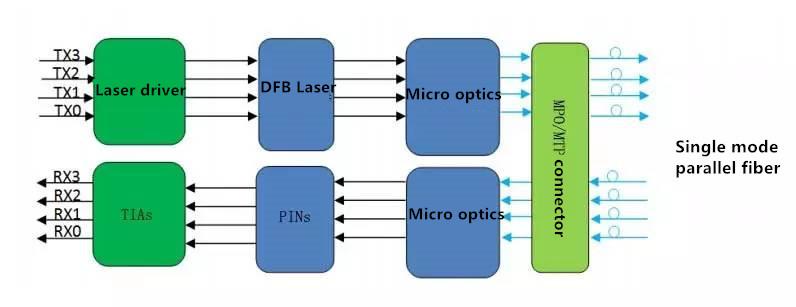- Related articles
- All Cisco DWDM-X2-58.98's information (List price, Specs, Datasheet PDF, Compatibility mat
- Optical Transceivers for Cisco WS-C2960-48PST-S Switch
- The difference between XENPAK and SFP+
- All Cisco DWDM-XFP-30.33's information (List price, Specs, Datasheet PDF, Compatibility ma
- Optical Transceivers for Cisco N3K-C3048TP-1GE Switch
- Optical Transceivers for Cisco ME-3400EG-12CS-M= Switch
- Optical Transceivers for Cisco SF500-24-K9-G5 Switch
- The Differences between PCI Express 1.0, 2.0 And 3.0
- All Cisco GBIC-BX-U's information (Specs, Datasheet PDF, Compatibility matrix)
- Fiber Optic Cable Splicing
Recommend tag

Difference between sfp-10g-sr-s and sfp-10g-sr
2023-08-14
Difference between sfp-10g-sr-s and sfp-10g-sr
What is SFP-10G-SR ?
The SFP-10G-SR is a 10GBASE-SR SP+ module, which can reach up to 300 meters matched with OM3 Multimode Fiber (MMF), known as the lowest-cost, lowest-power modules implemented with a VCSEL.What is SFP-10G-SR-S?
Like as SFP-10G-SR, SFP-10G-SR-S is typically used as the part number of Cisco S-Class 10GBASE-SR SFP+ Module. The main difference between SFP-10G-SR and SFP-10G-SR-S is the different features. According to Cisco, S-class optics is an inexpensive option designed for enterprise and data center 10G and 40G applications. The S class is suitable for the below environment: in non-temperature controlled environments, e.g. rugged/ industrial (RGD), Optics plugged on platforms that require extended operating temperature range (EXT), TAA compliance.
The main difference between SFP-10G-SR-S and SFP-10G-SR lies in their supported transmission distances.
SFP-10G-SR is a standard short-range SFP+ transceiver that supports a transmission distance of up to 300 meters over multi-mode fiber (MMF). It operates at a wavelength of 850nm and uses the SR (Short Reach) designation.
On the other hand, SFP-10G-SR-S is an enhanced version of the SFP-10G-SR. It also supports a transmission distance of up to 300 meters over MMF at an 850nm wavelength. However, the "-S" in SFP-10G-SR-S indicates that it has an improved optical sensitivity compared to the standard SFP-10G-SR, making it capable of achieving a longer reach and potentially better performance.
In summary, SFP-10G-SR is a standard short-range SFP+ transceiver, while SFP-10G-SR-S is an enhanced version with improved sensitivity for potentially better performance over the same transmission distance.
According to Cisco, S-class optics are intended for enterprise and data center 10G and 40G applications This new set of optics does not display several unnecessary features for these applications, bringing about a more attractive price. That explains why SFP-10G-SR-S price is lower than SFP-10G-SR price.
Except the price, there are some other differences. SFP-10G-SR-S optics aren’t TAA certified. However, the non-S-class optics such as SFP-10G-SR are all compliant to TAA. SFP-10G-SR-S optics only have COM (Commercial temperature range: 0~70℃). However, the temperature range of SFP-10G-SR can be EXT (Extended temperature range: -5~85℃), IND (Industrial temperature range: -40~85℃) and Storage temperature range (-40~85℃).
In terms of protocols, SFP-10G-SR-S optics use Ethernet only, they cannot use OTN (Optical Transport Network) or WAN-PHY (Wide Area Network Physics). Furthermore, SFP-10G-SR-S optics just have 10G and 40G applications so far which is specified for 10G and 40G enterprise and data center. Thus, if you don’t need any special features like extra tolerance for temperature, S-Class optics can save you a considerable amount of money.
SFP-10G-SR-S vs SFP-10G-SR: Similarity
Seemingly and technically, they don’t have much difference. SFP-10G-SR-S shares the same product specification with SFP-10G-SR. SFP-10G-SR is compliant with 10GBASE-SR standard. The Cisco 10GBASE-SR module supports a link length of 26m on standard Fiber Distributed Data Interface (FDDI)-grade multimode fiber, up to 300m link lengths over OM3 and 400m link lengths over OM4 cables.Cisco SFP-10G-SR transceiver is hot-swappable input/output device which allows a 10 Gigabit Ethernet port to link with a fiber optic network. Because it is hot-swappable and MSA compliant, the Cisco SFP-10G-SR transceiver can be plugged directly into any Cisco SFP+ based transceiver port, without the need to power down the host network system. This capability makes moves, add-ons and exchanges quick and painless.
What is the difference between Cisco SFP-10G-LR and SFP-10G-LR-S?
SFP-10G-LR can support three protocols including Ethernet, OTN(Optical Transport Network) and WAN-PHY(Wide Area Network Physics). However, SFP-10G-LR-S can just support Ethernet protocol. In addition, SFP-10G-LR-S does not have TAA compliance. SFP-10G-LR-S and SFP-10G-LR transceivers have different temperature ranges.
TECHNICAL SUPPORT
Get solutions or consultation from the technical team.








































